What makes a hydrating serum or hydrating moisturiser effective?
As alluded to above, the ingredients and formulation are key to the effectiveness of a hydrating serum or hydrating moisturiser.
Hydrating serums and moisturisers typically contains these four types of ingredients:
- Humectants draw water to the outer layer of your skin, the stratum corneum.
- Emollients fill in the gaps between skin cells, making the skin softer and smoother and also improving its barrier function against the outside world.
- Antioxidants help protect the skin from environmental damage.
- Occlusives form a physical barrier on the skin to minimise water loss. (This is sometimes called transepidermal water loss, TEWL for short.)
What are the benefits of hyaluronic acid in serums and moisturisers?
Hyaluronic acid is a humectant, an ingredient that draws water to itself. Put hyaluronic acid on your skin, and it will draw moisture out of the air and into the skin — unless the air around you is very dry, in which case the hyaluronic acid may pull the moisture it is looking for out of the lower layers of your skin. To stop this happening, you need to put a moisturiser over the top of the serum to seal in the moisture.
Are hydrating serums and hydrating moisturisers suitable for sensitive skin?
Yes, as long as you choose a suitable serum or moisturiser. Look for a product that contains gentle, non-irritating ingredients such as hyaluronic acid, glycerine, and ceramides. Soothing ingredients — such as allantoin, aloe vera, and chamomile — can also be beneficial. Look also for the terms ‘hypoallergenic’ (which means a product is pretty unlikely to cause an allergic reaction) and ‘non-comedogenic’ (which means it won’t clog your pores and create comedones, which are blackheads and whiteheads).
Watch out for ingredients such as alcohol and synthetic fragrances, which may strop up sensitive skin. If you’re having trouble finding a hydrating serum or hydrating moisturiser that suits your skin, consult a dermatologist or book in for a one-to-one skincare consultation with our expert Shenaz.
Why would I use a hydrating serum?
Choosing a hydrating serum can counteract dryness and to stop that tight feeling your skin gets when it needs extra moisture. Also, apart from keeping your skin more comfortable, there are compelling cosmetic reasons for keeping skin well hydrated. First, dry skin wrinkles more quickly than well-hydrated skin, so packing in moisture is a preventative measure; and second, plumping up the skin with a hydrating serum instantly makes fine lines and wrinkles less obvious.
How can serums and moisturisers help reduce fine lines?
Serums and moisturisers can help reduce the visibility of fine lines by hydrating your skin, nourishing it, and protecting it.
Hydration also can make a visible difference surprisingly quickly. When you apply a hydrating serum, it’s absorbed quickly into your skin, adding moisture to the outer layers. This can give an immediate plumping effect. The effect is only fractional, but because your skin is thin, it’s enough to soften the appearance of wrinkles.
Protection also happens quickly. Applying a moisturiser than contains an occlusive agent creates a protective layer on your skin, locking in moisture by preventing water loss through the skin.
Nourishment takes longer, as you might expect. But both serums and moisturisers can deliver ingredients such as retinol, peptides, and antioxidants that stimulate your skin to renew itself gradually.
Can hydrating serums and hydrating moisturisers improve overall skin health?
Yes, hydrating serums and hydrating moisturisers can improve the overall health of your skin. As explained earlier on this page, both serums and moisturisers can improve your skin’s hydration, which is not only essential for its health but which also can reduce problems such as acne, eczema, and dermatitis. Serums and moisturisers can also provide ingredients such as ceramides, fatty acids, and nicotinamide to strengthen your skin barrier against sun, wind, and pollution.
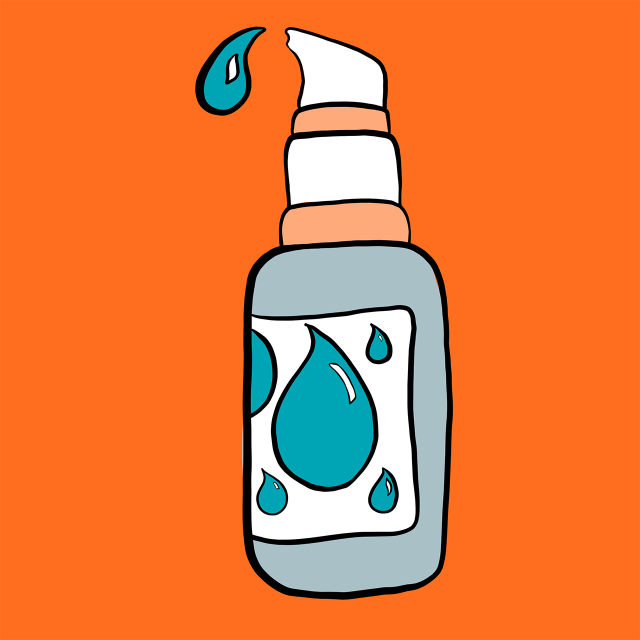

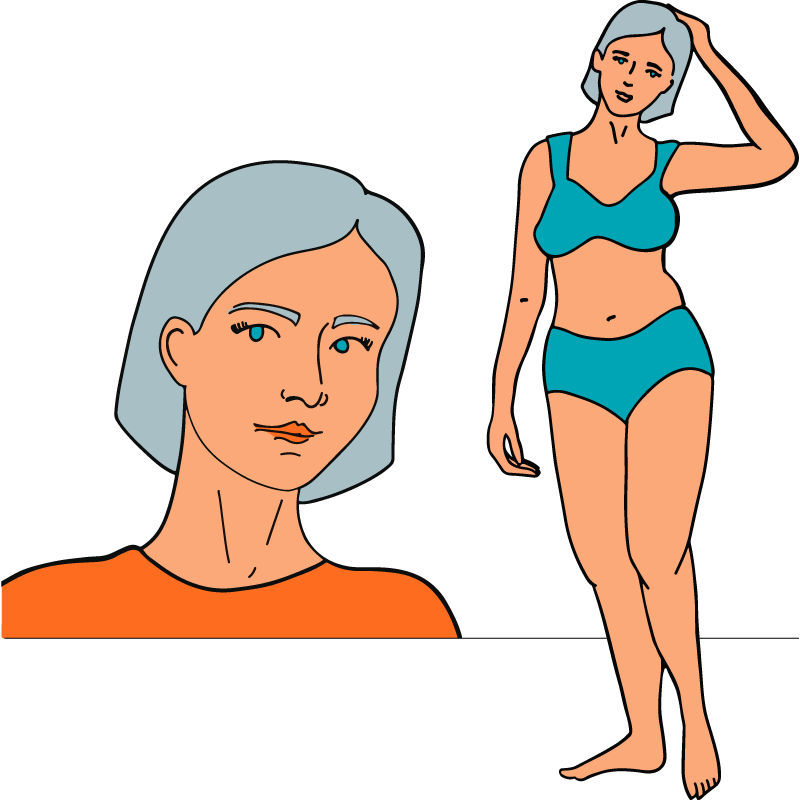



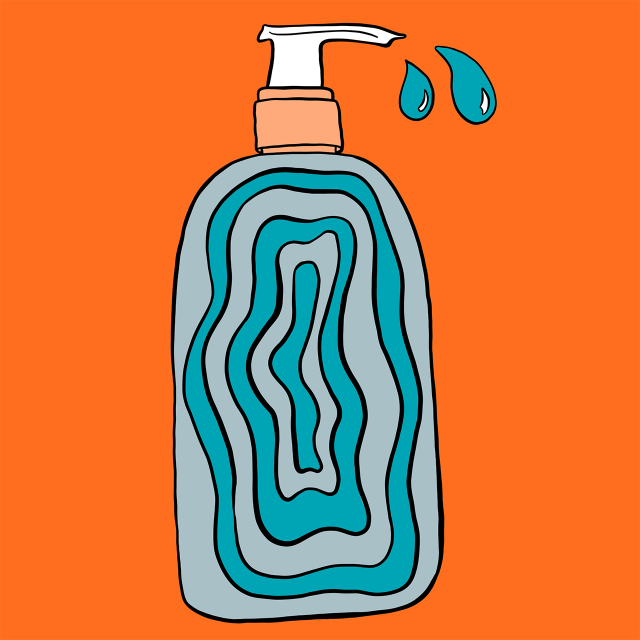
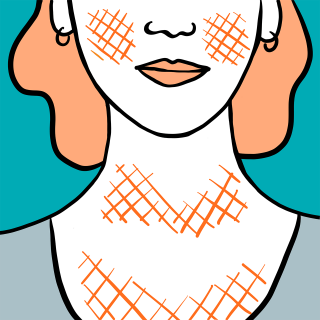
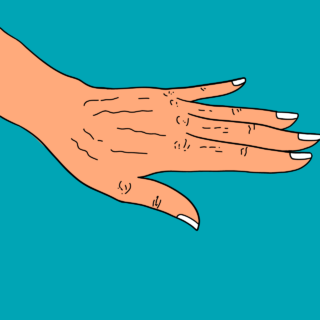
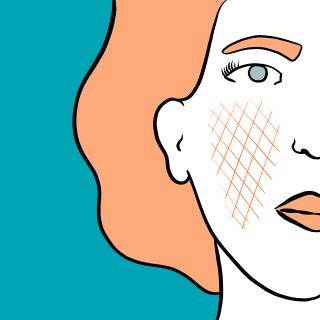
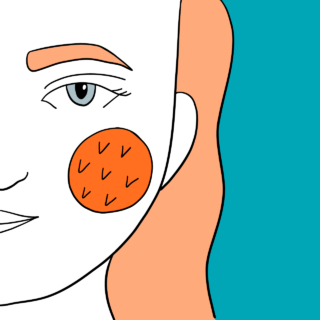
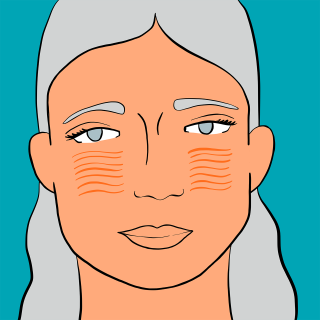




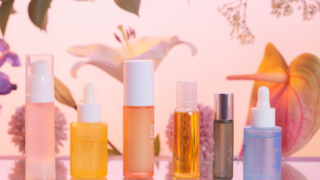
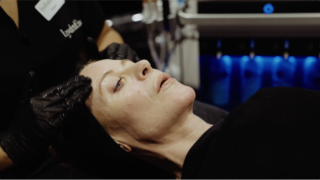
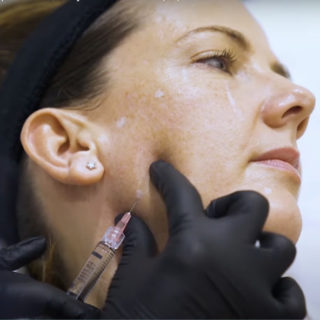
 The Tweakments Chatbot
The Tweakments Chatbot